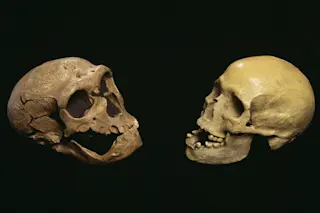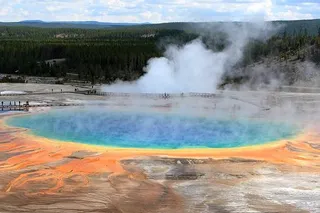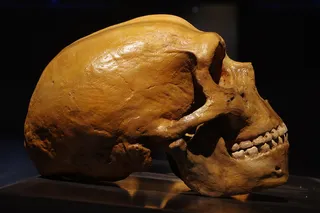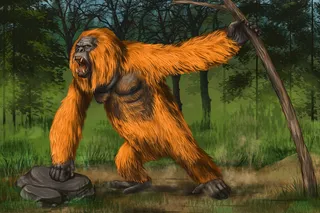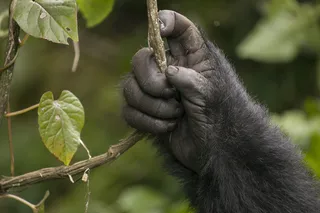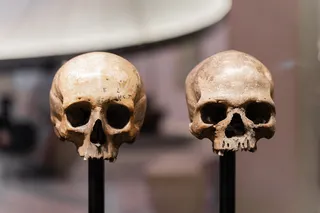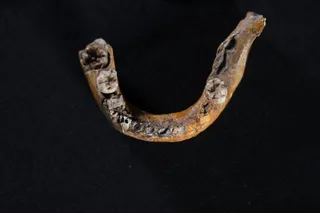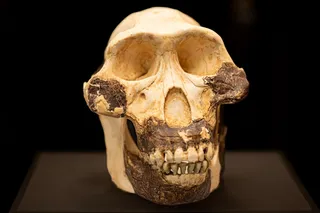Genetic variants inherited from Neanderthals make modern-day people more likely to suffer pain when poked with a stick, geneticists have found.
The Neanderthal variants involve three small changes to the SCN9A gene, which provides instructions for building highly important sodium channels in certain nerve cells. These protein structures permit sodium ions to flow into the cell, readying it to fire and communicate with other nerve cells.
In this case, the variants seem to lower the threshold at which pain-detecting neurons fire and alert the rest of the nervous system to a threat.
“Our findings suggest that Neanderthals may have been more sensitive to certain types of pain,” said Kaustubh Adhikari, a geneticist at University College London, in a statement. “But further research is needed for us to understand why that is the case, and whether these specific genetic variants were evolutionarily advantageous.”
A 2020 study first identified a link between ...


